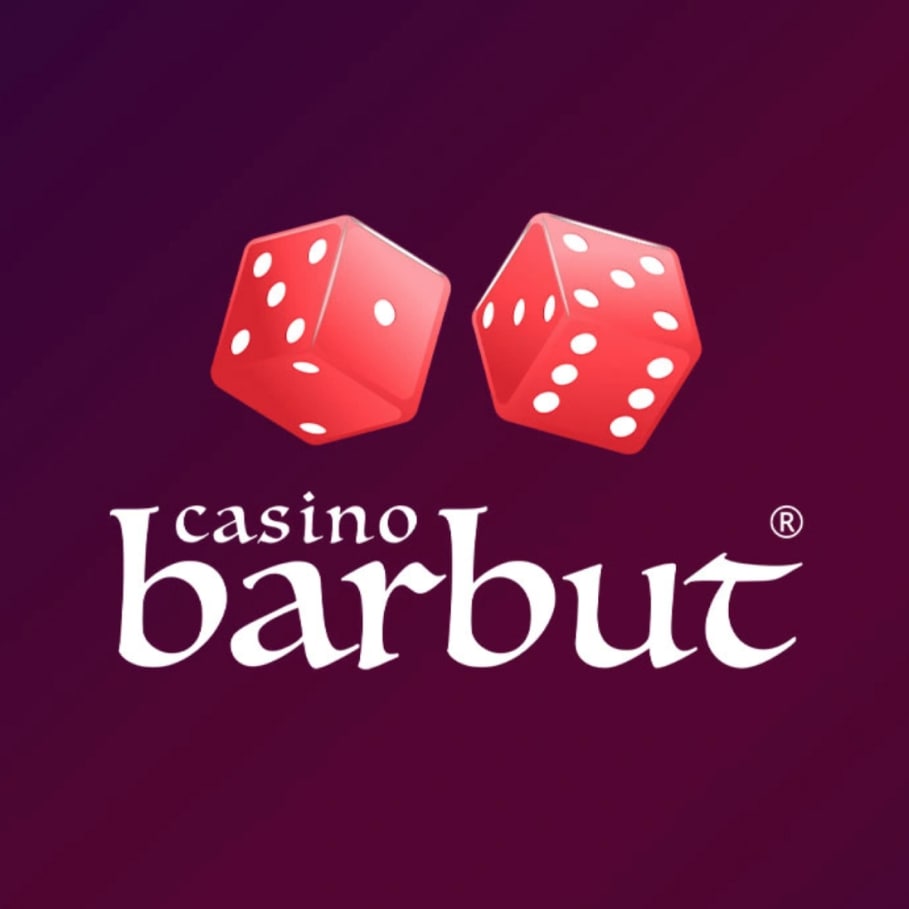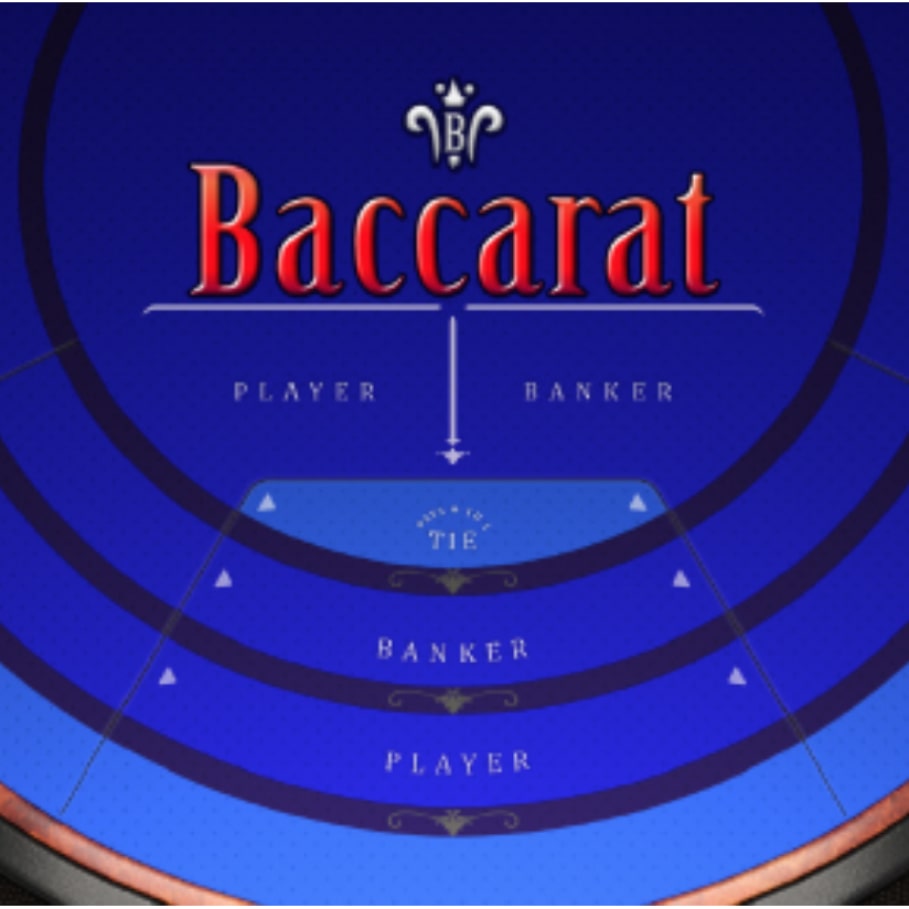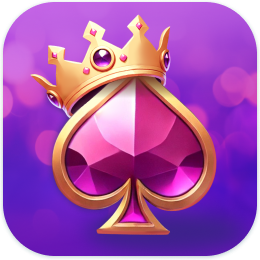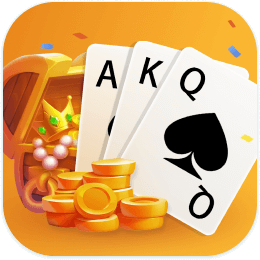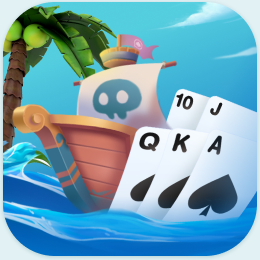What role did roulette play in popular culture such as movies and literature?
What role did roulette play in popular culture, such as movies and literature?

Roulette has played a significant role in popular culture, appearing in numerous movies, books, and other forms of media. In movies, roulette often appears as a symbol of glamour, luxury, and risk-taking. One of the most famous examples is the classic film “Casablanca,” where the game is prominently featured in several scenes. In the movie, the character Rick (played by Humphrey Bogart) runs a popular nightclub and casino in Casablanca, Morocco, where roulette is one of the main attractions.
In literature, roulette has also been featured prominently in various works. One of the most notable examples is the novel “The Gambler” by Fyodor Dostoevsky, where the protagonist is obsessed with roulette and gambling. The book is based on the author’s own struggles with gambling addiction, and it offers a powerful and realistic portrayal of the highs and lows of gambling.
In addition to movies and literature, roulette has also been referenced in popular songs, TV shows, and other forms of media. The game’s iconic spinning wheel and the excitement of placing bets and watching the ball land on a number has made it a popular symbol of risk-taking, chance, and fortune.
Overall, roulette’s enduring popularity in popular culture is a testament to its status as one of the world’s most iconic and beloved casino games. Its reputation as a game of chance and risk-taking continues to capture the imagination of people around the world.
Providing how to play wsop free poker, how to get free poker in wsop app, free play online poker game use free poker chips.
This site only collects related articles. Viewing the original, please copy and open the following link:What role did roulette play in popular culture such as movies and literature?












